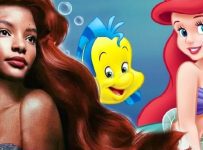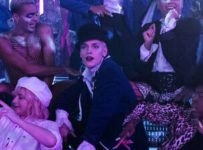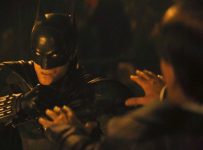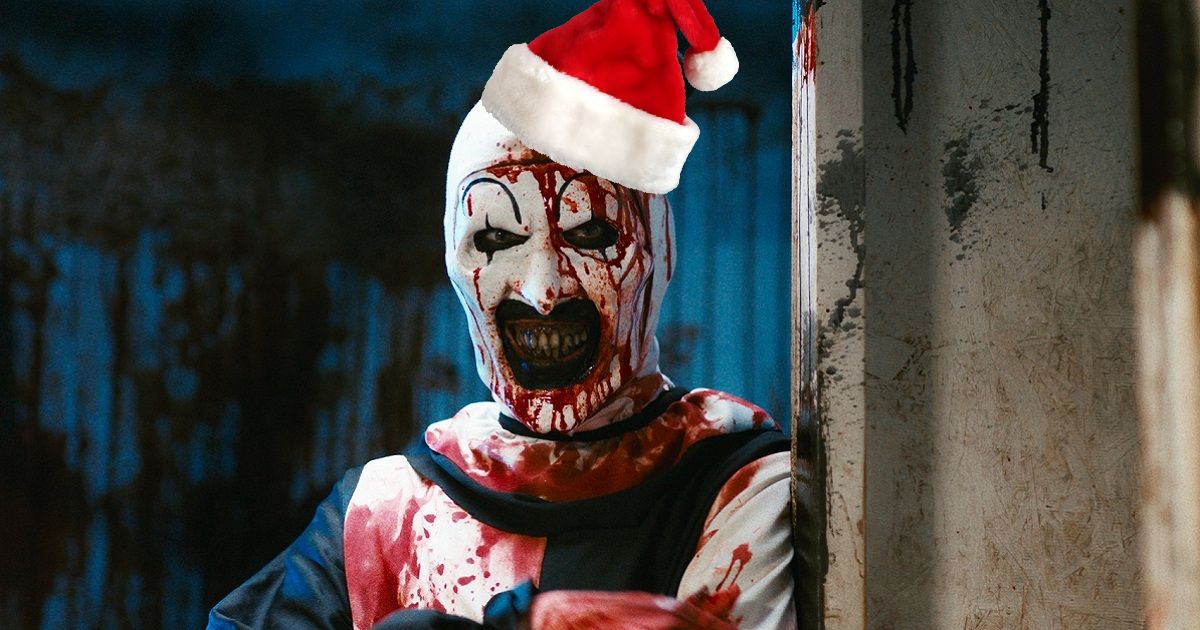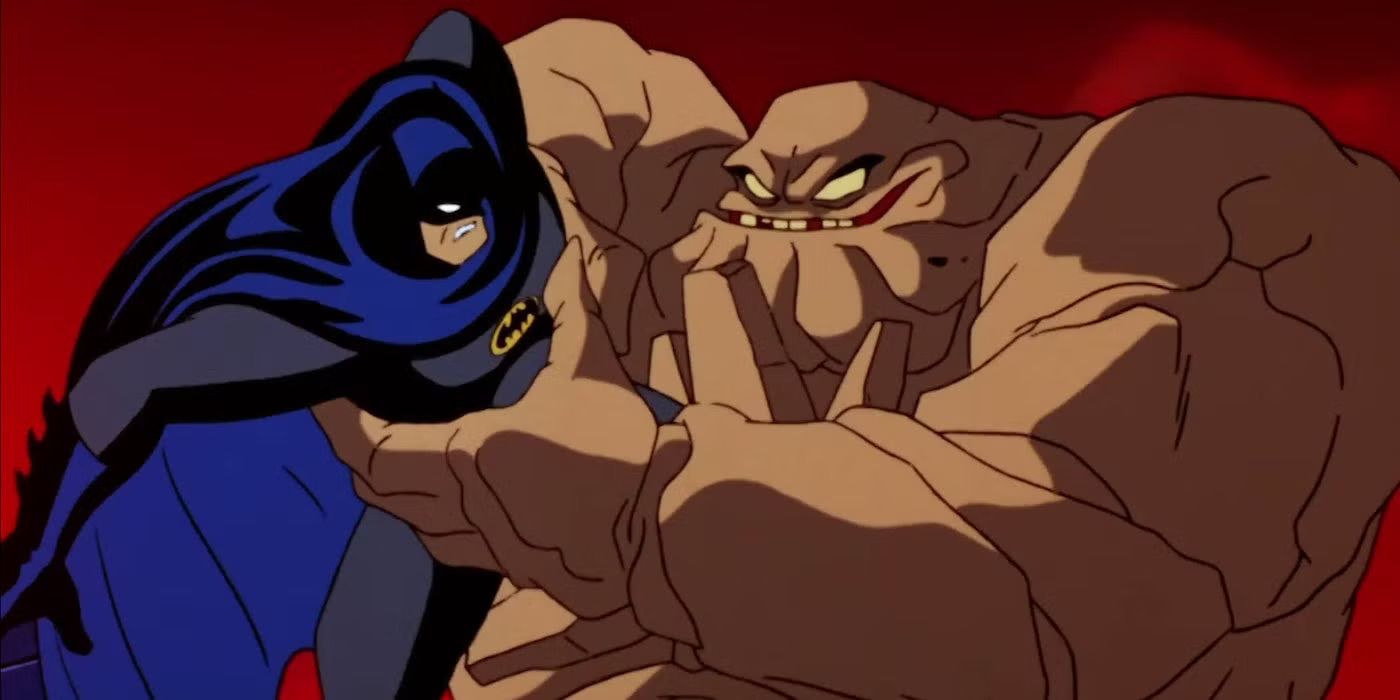“Barbie” can be hysterically funny, with giant laugh-out-loud moments generously scattered throughout. They come from the insularity of an idyllic, pink-hued realm and the physical comedy of fish-out-of-water moments and choice pop culture references as the outside world increasingly encroaches. But because the marketing campaign has been so clever and so ubiquitous, you may discover that you’ve already seen a fair amount of the movie’s inspired moments, such as the “2001: A Space Odyssey” homage and Ken’s self-pitying ‘80s power ballad. Such is the anticipation industrial complex.
And so you probably already know the basic plot: Barbie (Margot Robbie), the most popular of all the Barbies in Barbieland, begins experiencing an existential crisis. She must travel to the human world in order to understand herself and discover her true purpose. Her kinda-sorta boyfriend, Ken (Ryan Gosling), comes along for the ride because his own existence depends on Barbie acknowledging him. Both discover harsh truths—and make new friends –along the road to enlightenment. This bleeding of stark reality into an obsessively engineered fantasy calls to mind the revelations of “The Truman Show” and “The LEGO Movie,” but through a wry prism that’s specifically Gerwig’s.
This is a movie that acknowledges Barbie’s unrealistic physical proportions—and the kinds of very real body issues they can cause in young girls—while also celebrating her role as a feminist icon. After all, there was an astronaut Barbie doll (1965) before there was an actual woman in NASA’s astronaut corps (1978), an achievement “Barbie” commemorates by showing two suited-up women high-fiving each other among the stars, with Robbie’s Earth-bound Barbie saluting them with a sunny, “Yay, space!” This is also a movie in which Mattel (the doll’s manufacturer) and Warner Bros. (the film’s distributor) at least create the appearance that they’re in on the surprisingly pointed jokes at their expense. Mattel headquarters features a spacious, top-floor conference room populated solely by men with a heart-shaped, “Dr. Strangelove”-inspired lamp hovering over the table, yet Will Ferrell’s CEO insists his company’s “gender-neutral bathrooms up the wazoo” are evidence of diversity. It’s a neat trick.
You can view the original article HERE.













